The Australian federal election has so far demonstrated just how much the political centre is weakening as voters shift further right and left.
It is all part of a worldwide trend that has seen growing discontent at the status quo from voters in the United States, United Kingdom, France, and Canada. At the heart of this growing phenomenon have been several interconnected shifts.
First, voters no longer believe the two-party system offers enough options; while in the past, this may have satisfied the voting public, that is no longer the case as left- and right-wing minor parties look set to clean up.
On the left, the Greens have been the most successful, augmented by a new woke radicalism that continues to find “victim groups” that it can assist with heavy state-interventionist policy.
On the right, there has also been a veritable blossoming of new thinking ranging from nationalists to conservatives and traditionalists to right-libertarians.
The reawakening of the right, after decades of marginalisation, has changed the political landscape, as seen by the impact of Trump, Brexit, and Marine Le Pen in France. Additionally, a renewed nationalism has also flowered in eastern Europe in countries like Austria, Hungary, Poland, and Ukraine.
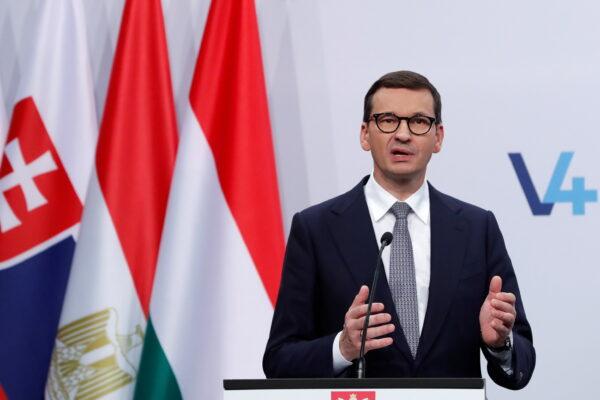
So, what is at the heart of this shift?
At its heart there is discontent over how mainstream parties have collaborated to build and share in the globalisation project, which involved building global trade, exporting jobs to China (at the expense of local industry), and promoting mass migration and multiculturalism (at the expense of local national identity).
Although power may alternate between centre-left and centre-right parties, it really was a case of Tweedledum and Tweedledee when it came to consensus on globalisation.
The new right and the left have opposed the project for different reasons. The right rejects the “liberal” dimensions of globalisation—that is, mass migration-multiculturalism; and state interventionism to assist “victim groups” (e.g., affirmative action policy and conflicts over human rights).
The left rejects the “capitalist” dimension of the project including major economic growth; inequality between rich and poor; and economic development at the cost of the environment.
Importantly, voters on the left and the right experienced a shared sense of not being “consulted” and being “excluded” from decision-making by the mainstream parties, which has led to a weakening of centrist politics we see now. This is proving to be a major challenge for party leaders.
The election of Donald Trump was the watershed moment that broke the spell of the old two-party globalisation movement and long-running centrism.
For Republicans it exposed the party’s ongoing cooperation with the Democrats to support globalisation, while for the Democrats, it exposed how blue-collar workers had been left worse-off through the exporting of jobs to China.
A more recent example has been the French presidential election, which saw the two legacy parties, the centre-right Les Républicains and centre-left Socialists, together receive less than 10 percent of the vote. A devastating result.

In the English-speaking world, the legacy parties have not (yet) died. They cling to life because much of the left-right shift has occurred within the parties, which is also causing political turmoil. That may be why politics in the West now appears so messy and dysfunctional.
In Australia’s 2022 election the turmoil caused by disgruntled voters is clear to see.
Both the centre-right Liberal Party and centre-left Labor Party have been divided into factions. The leaders of both parties have a huge job holding it all together and stopping the political bleeding to minor parties.
For the governing Liberal-National Coalition, its regional and outer-suburban seats have shifted right while their inner-city seats have shifted left, leaving Prime Minister Scott Morrison the unenviable job of trying to hold it together.
An example of how intense the splintering is can be seen by the actions of two political entrepreneurs who are spending millions to try pull voters from the flanks of the Coalition.
The left-wing breakaway group (created by millionaire Simon Holmes à Court) has pitted so-called “independents” against Coalition MPs in the key inner city electorates in Sydney and Melbourne.
On its other flank, the Coalition must contend with mining billionaire Clive Palmer who is hoping to win over those socially conservative voters with his United Australia Party.
The Australian Labor Party (ALP) meanwhile, which has traditionally been the party of the working class (who are socially conservative), has bled considerably to the left-wing Greens Party.
The ALP must also stem the haemorrhaging on its right flank to the Coalition or to the right-wing One Nation, which also occurred in the 2019 federal election.
The polarisation of the voting base will likely see both major parties emerge from the May election bloodied and weakened, and Australia staring down the barrel of a hung Parliament.
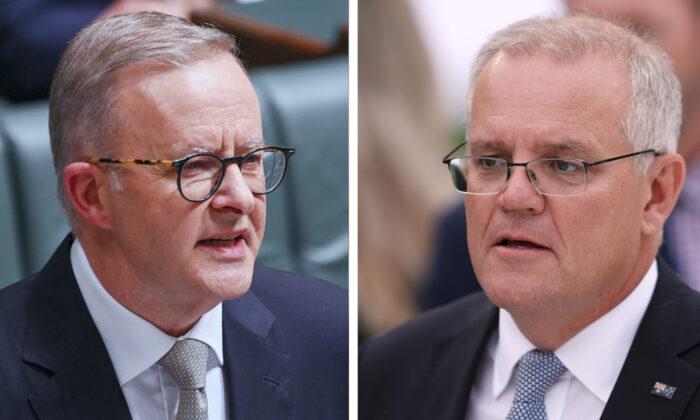


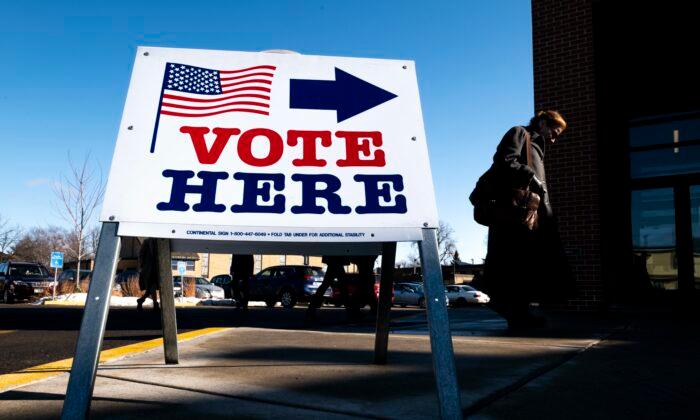
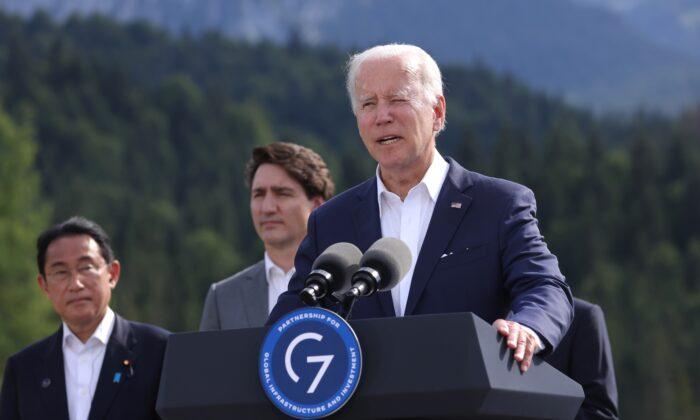
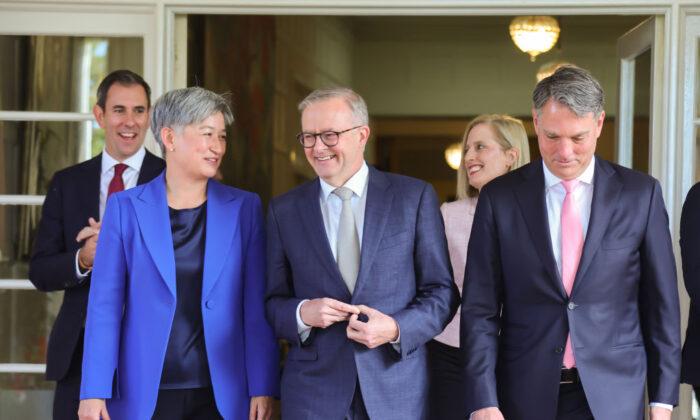
Friends Read Free